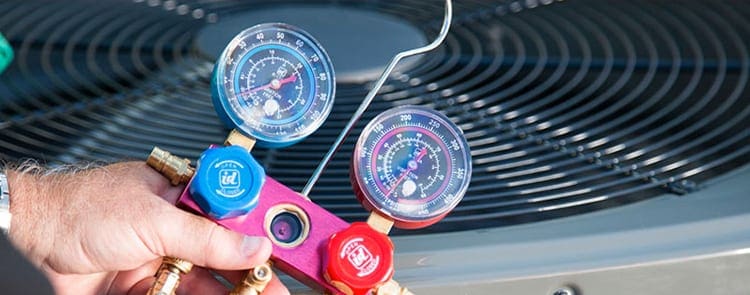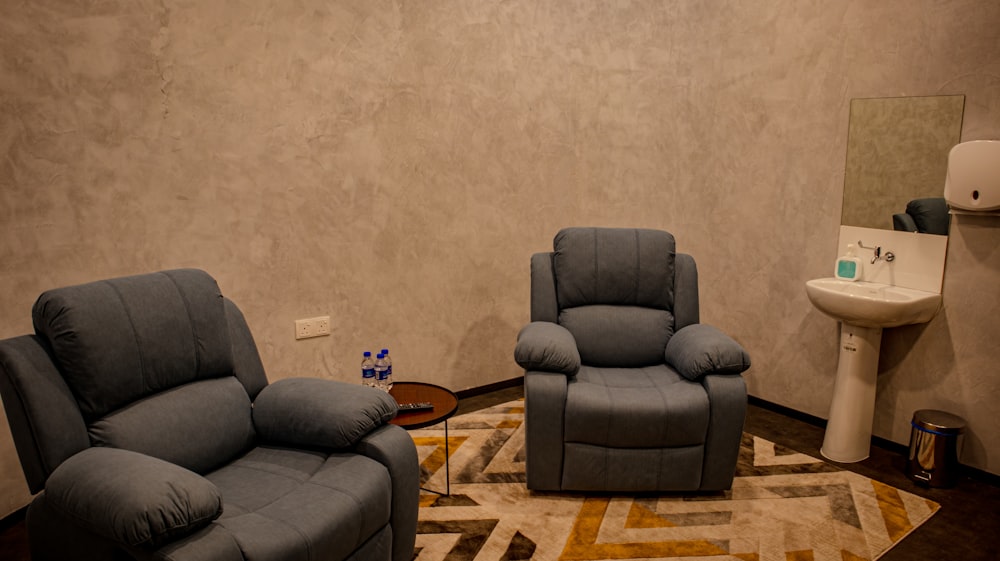Key Takeaways:
- Simple maintenance tips can significantly enhance the performance of your HVAC system.
- Energy-efficient practices can reduce utility bills and improve sustainability.
- Professional servicing plays a crucial role in the long-term efficacy of HVAC systems.
Introduction to HVAC Optimization
Homeowners often need to pay more attention to the intricacies of maintaining an HVAC system. While it’s easy to set and forget, regular upkeep can improve efficiency and significantly save on costs. For instance, simple air conditioning can save money and ensure a comfortable living environment. This article gives helpful tips on optimizing your HVAC system’s performance with professional inspections, adjusting the thermostat, regular maintenance, and buying modern technology.
Professional Inspections
Even if you’re diligent with DIY maintenance, it’s essential to have your system professionally inspected at least once a year. Technicians can check aspects that are difficult for homeowners to assess and offer solutions such as duct sealing, which can enhance airflow and improve efficiency. A professional can also identify worn-out components before they fail, saving you from emergency repairs. Moreover, professional servicing can include thoroughly cleaning coils, checking refrigerant levels, and ensuring tight electrical connections, contributing to peak HVAC performance.
Thermostat Settings Matter
Optimizing thermostat settings can significantly affect energy usage and comfort. The U.S. Department of Energy suggests changing the thermostat by seven to ten degrees for eight hours daily, potentially lowering your yearly heating and cooling costs by up to 10%. Programmable and smart thermostats, which respond to your lifestyle and adjust while you’re at work or asleep, further enhance this. Furthermore, smart thermostats enable remote control, which lets you maintain temperature control in your house even while you’re not there.
Sealing Leaks and Drafts
Air leaks and drafts can significantly hinder the efficiency of your HVAC system. Caulk and weather stripping can plug leaks around doors, windows, and air conditioners. This not only conserves energy but also ensures a more comfortable living environment. Proper insulation and sealing can make a noticeable difference in how hard your HVAC system works, thus saving energy costs. Energy loss through drafts is a common issue in older homes, and addressing this can lead to substantial improvements in comfort and energy efficiency.
Monitor and Adjust Humidity Levels
Maintaining the proper humidity levels can also enhance HVAC efficiency. Installing a humidifier or dehumidifier in your system can ensure optimum air quality while reducing strain on your HVAC unit. Managing humidity levels helps the HVAC system and contributes to the comfort and health of household members, as it prevents mold growth and reduces allergens. Properly controlling humidity can prevent air from feeling too dry in winter and damp in summer, optimizing health and comfort.
Regular Maintenance is Key
Many people need to pay more attention to the importance of routine maintenance. A study by Energy.gov reports that simply replacing or cleaning filters can improve system efficiency by 5-15%. Regular inspection scheduling can save minor problems from becoming more severe and expensive. The HVAC system’s lifespan is increased with routine maintenance, so you can be sure it will continue functioning well for many years. Remaining vigilant about filter replacements, checking for any unusual noises, and ensuring that the external units are debris-free can go a long way in maintaining your HVAC system’s effectiveness.
Invest in Energy-Efficient Upgrades
Consider investing in energy-efficient HVAC components. Modern systems often come with advanced features like variable-speed motors and smart thermostats. Consumer Reports say these upgrades can offer better climate control and reduce energy consumption. Upgrading to a more efficient system may involve some upfront costs, but the long-term savings on energy bills can be substantial. Numerous governments and utility providers provide rebates and incentives for installing energy-efficient systems to offset the initial cost.



